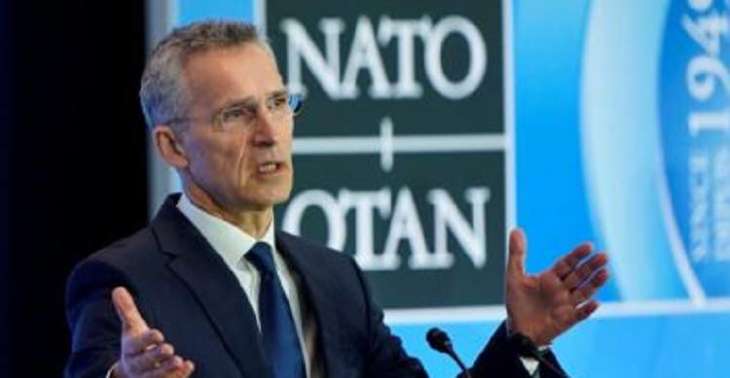Improving cybersecurity capabilities will be one of the main discussion points during the next NATO summit in London since cyberattacks are becoming increasingly frequent and dangerous, the alliance's secretary general, Jens Stoltenberg, said on Thursday
BRUSSELS (Pakistan Point News / Sputnik - 23rd May, 2019) Improving cybersecurity capabilities will be one of the main discussion points during the next NATO summit in London since cyberattacks are becoming increasingly frequent and dangerous, the alliance's secretary general, Jens Stoltenberg, said on Thursday.The summit is slated to take place from December 3-4.
"At this summit, bolstering our cyber defences and resilience will be a top priority. That is why I have convened a meeting of National Security Advisers at NATO Headquarters next week. This meeting will be the first of its kind for the Alliance. It is a recognition that hybrid threats, including cyber threats, need a whole of a government response," Stoltenberg said at the Cyber Defence Pledge Conference in London.
The NATO secretary general stressed that cyberattacks, sponsored both by foreign governments and non-state actors, were occurring more often and becoming increasingly sophisticated.
"NATO is not immune. We register suspicious events against NATO cyber systems every day. And cyber threats will become more dangerous with the development of new technologies. Such as artificial intelligence, machine learning and deep fakes," Stoltenberg said.
According to Stoltenberg, such technologies could bring warfare to a whole new level, comparable to the breakthrough in this domain after the industrial revolution.
"When needed, we must be ready to use our cyber capabilities to fight an enemy. As some NATO Allies did, not least the UK, successfully in the campaign against ISIS [Islamic State terrorist organization, banned in Russia] in Iraq and Syria. By using national cyber effects - or offensive cyber, they suppressed ISIS propaganda, degraded their ability to coordinate attacks, and disrupted their recruitment of foreign fighters," the secretary general said.
The NATO chief also noted that to prevent cyberattacks from happening in the first place, it was important to make potential perpetrators understand that their actions would be exposed and they risked facing consequences in real world.
"For deterrence to have full effect, potential attackers must know that we are not limited to respond in cyberspace when we are attacked in cyber space. We can and we will use the full range of capabilities at our disposal," Stoltenberg added.
In 2016, NATO recognized cyberspace as a fourth operational domain alongside sea, land and air. Two years later, the alliance decided to set up its Cyber Operations Centre in Belgium to strengthen its cyberdefense capabilities.




